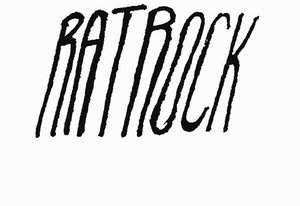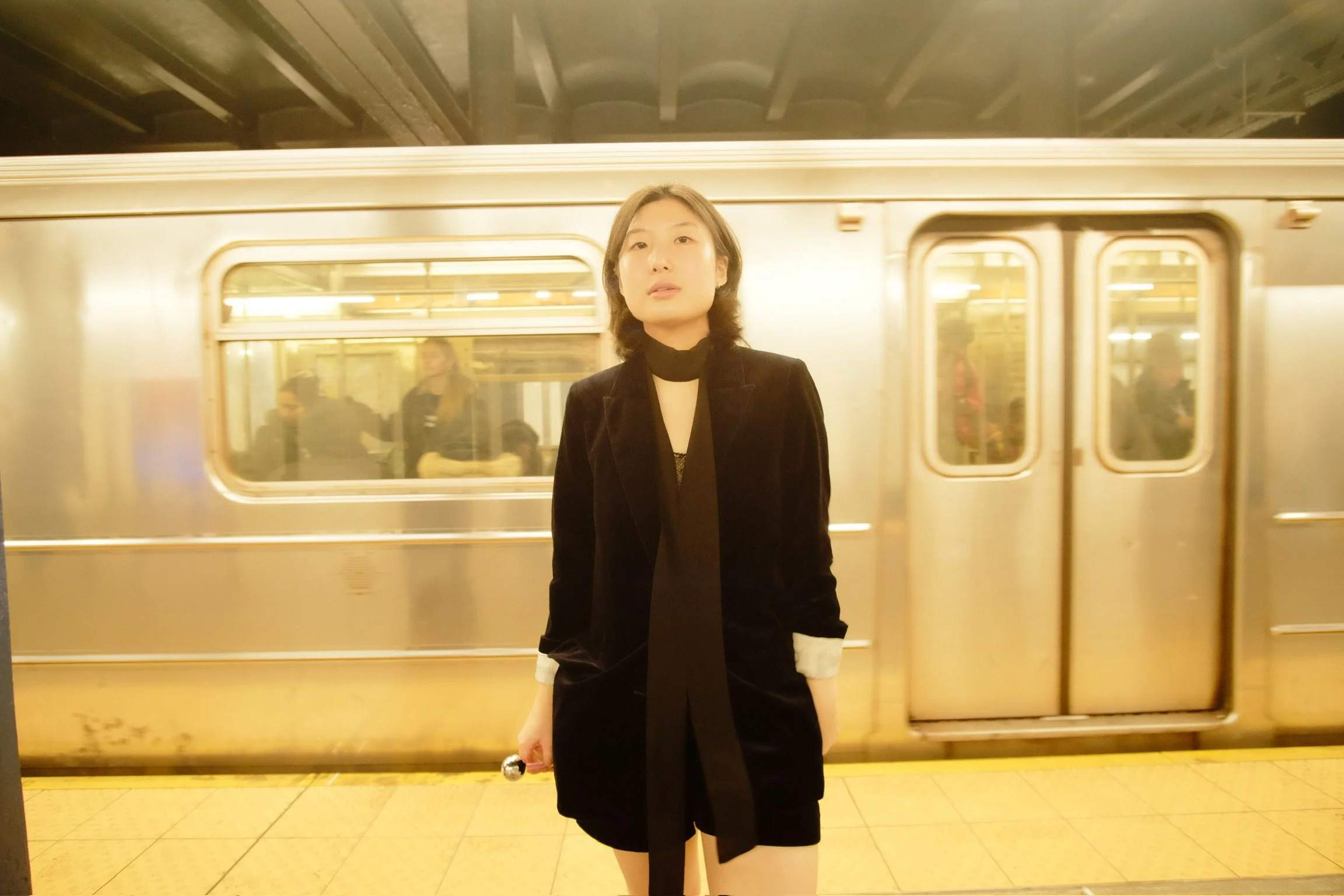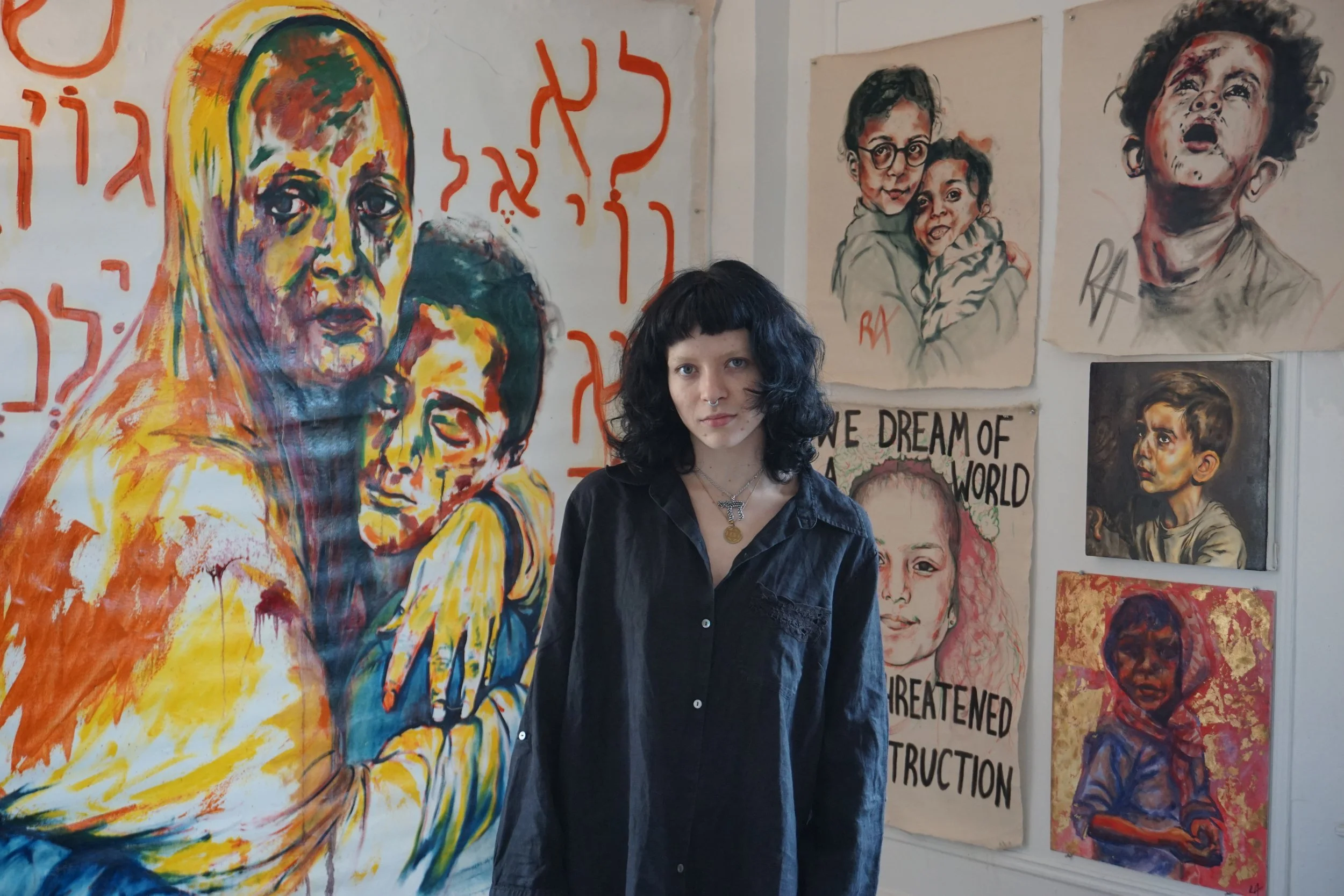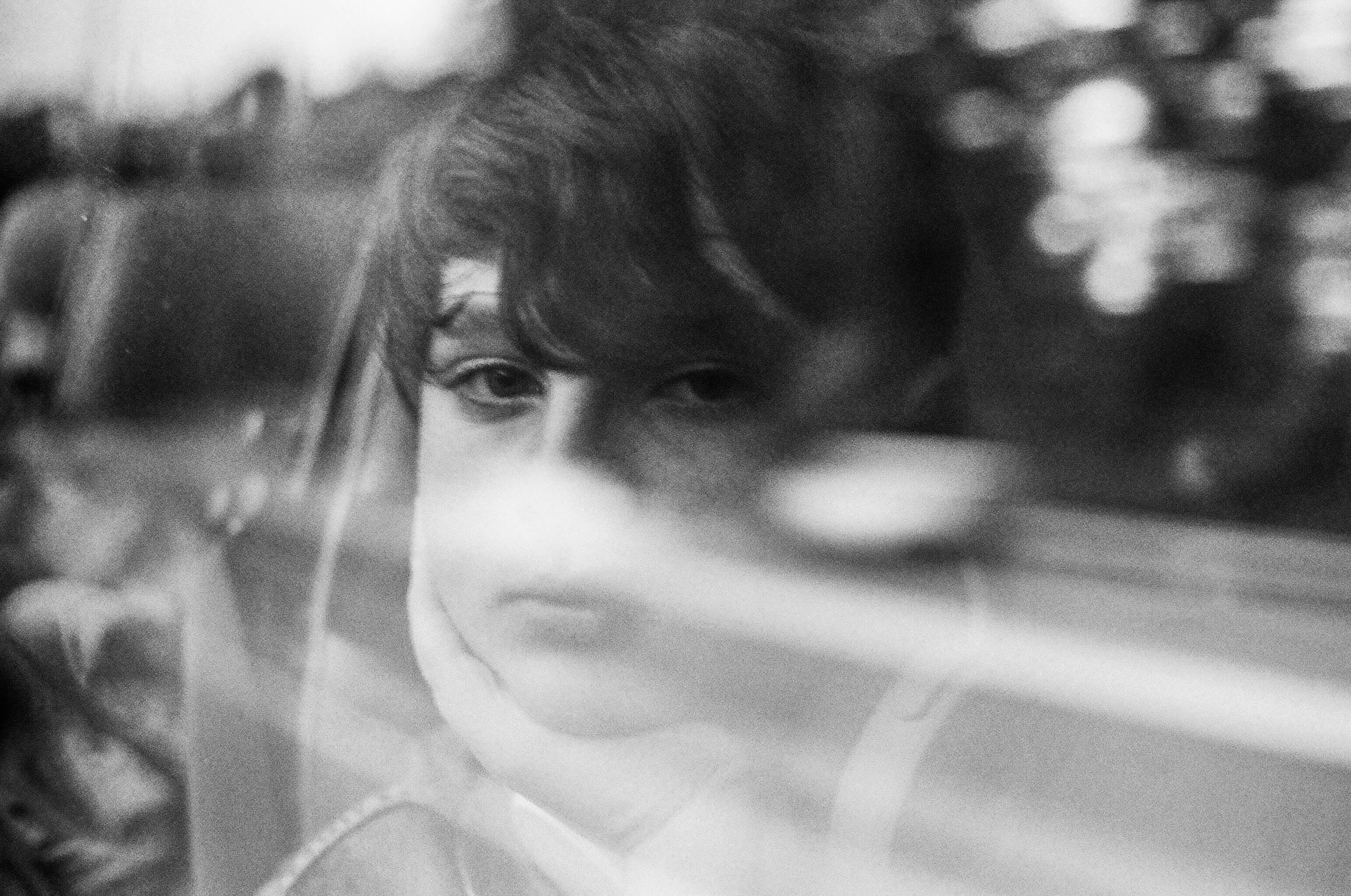Feature by Anushka Pai
Photos by Alicia Tang
Like many young teens, Olivia Wein channeled her middle school growing pains through art. Unlike most of us, 13 year old Wein received commissions and features in magazines, propelling her into a near-decade career in photography.
I met with Olivia in her dorm, where we spoke over tea.
“Child Prodigy, yeah it’s hard.”
I couldn’t have said it better myself. We had much to cover–a decade's worth of transformation, emotion, and documentation. Wein got her start photographing her best friend. She described their lifelong friendship, meeting when they were practically the only two babies in Williamsburg, “before they opened a Chanel and Hermes down there.” She credits her best friend’s beauty as her inspiration.
“It felt compulsive…like a moth to a flame.”
Both Wein and her friend come from families of artists. Surrounded by creativity, they were overwhelmed by ideas of art, friendship, and New York. They grew up during the peak of Tumblr–there was no better time to try on new aesthetics and embody teen angst.
Wein’s first commission was for designer, Susan Alexandra. The two met through frequent visits to Jill Platner’s jewelry shop, a favorite of Wein’s mother. With every visit, Alexandra encouraged a then-12-year-old Wein to pursue the arts.
“She was one of those people who’s like, hey girl, here’s what your life is gonna look like.”
Alexandra eventually reached out to Wein via her Instagram, requesting she shoot for the brand. With a bag full of jewels, Wein and her friends dressed up for a photoshoot. Many photos were used to promote the brand, marking the start of Wein’s commercial career.
Wein’s youthful take on photography did not go unnoticed. She was commissioned by magazines such as Sweet and Nylon Japan, providing a platform for Wein to document the often overshadowed wisdom of a teen girl.
Wein’s career followed a similar trajectory to Rookie Magazine founder, Tavi Gevinson, whose mention led us on a tangent. Listening to the youngest creatives allows for an entirely new understanding of fashion, culture, and life itself.
“Rookie was such a huge part of my life. I still don’t think there’s anything like that for young people. I think there’s room for kids to make things for other kids.”
When asked about how her photography evolved over the decade, Wein emphasized what stayed the same. The feeling of the craft– being moved through looking, has been a constant throughout Wein’s career. Wein described shooting as meditative, engaging her so deeply she feels removed from her body.
The euphoric qualities of photography, however, could not prevent Wein from second-guessing her career path. An experience most of us go through, yet without years of commercial success, is the identity crisis of adulthood. What we once enjoyed in our youth becomes unappealing, and we feel the urge to push it away. Wein grappled with her new priorities, no longer wanting to use photography to try on new identities.
“I used to want us dirty at house shows, smoking cigarettes, and wearing demonias. I wanted to take photos of dead pigeons. And then suddenly I didn’t want that anymore…I was like oh fuck, I’m falling out of love with this, and I’ve accidentally made a career.”
Wein’s struggle to find creative direction led her to film. The medium moved her so deeply that she planned to leave photography behind. For Wein, photography embodied something old and outdated, while film seemed to be new and exciting.
Wein’s muses are her loved ones, whom she depicts in photos and film. I was most intrigued by her description of her boyfriend. While Wein has depicted her relationships through photography for the past decade, she finds her boyfriend best represented through words and film.
“There’s something that feels small about a photo. With film, there’s time, change, and dialogue–which I associate with him. The feeling of him being with me comes up through the film.”
Wein prefers to shoot moments that feel natural, not posed. She mentioned how subjects such as her best friend and little brother are better captured through photography. I was struck by Wein’s attention to detail and drive to represent her loved ones’ characters.
Recently, Wein had a breakthrough about the future of her photography and film career. Rather than viewing these mediums in opposition, she found that they are deeply intertwined. This interconnectedness allowed her to bring photography into the present, rather than it being an emblem of her childhood.
“Photography is like film in pieces. That makes me feel like it’s connected to who I am right now.”
Wein’s new focus has led her to pursue various directorial, production, and screenwriting projects. Most recently wrote and directed her first short film, The Mascot. Simultaneously, Wein’s photography career is still in full swing–she regularly shoots for brands such as Jill Platner while also pursuing her own creative projects. Post graduation, Wein plans to get her MFA in film, continue working, and move back to Brooklyn with her friends.









































